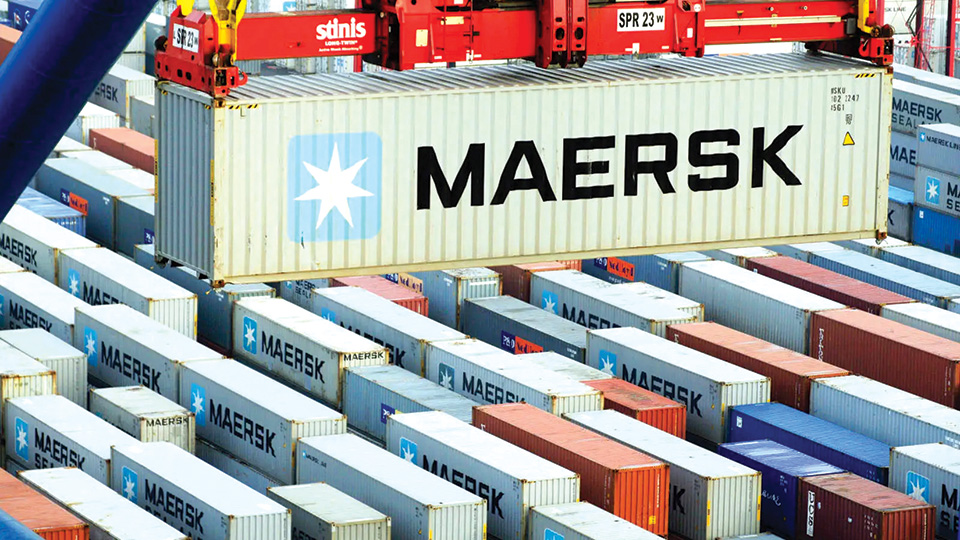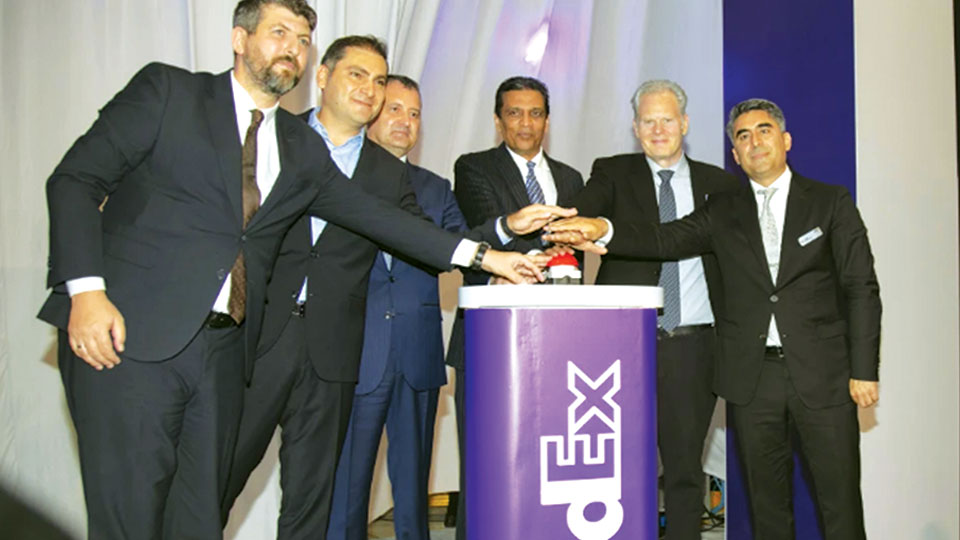
Dhaka : In an exclusive interview with The Bangladesh Monitor, Kabir Ahmed, Chairman of Conveyor Group, has laid bare the deep-rooted inefficiencies and policy lapses undermining Bangladesh's logistics and freight forwarding industry. From airport handling woes and outdated port procedures to regulatory missteps and missed infrastructure opportunities, Ahmed's message is clear: reform is no longer optional-it is essential.
"We are running, but not like other countries," said Ahmed. "We have the demand, but we don't have the efficiency. That's where Bangladesh is falling behind."
Post-transshipment realities
Ahmed pointed to the recent suspension of India's transshipment facility, which once offered a cost-effective option for moving cargo.
"We used to save USD 1 to USD 1.5 per ton through that route," he explained.
"Now we're relying on multimodal alternatives-Colombo, Maldives, or Dhaka airport-but it's not as cost-effective anymore."
In response, the Bangladesh government reduced cargo charges at Dhaka Airport from 18 cents to 8.5-9 cents per ton-a move that helped avoid backlog so far.
"That's progress," Ahmed acknowledged, "but the structural issues remain."
Ports operating in the past
"Our ports are still stuck in the past," Ahmed emphasized.
"They operate in a conventional, bureaucratic way. If a customs officer is absent, vessel clearance gets delayed.”
“For dangerous goods (DG cargo), we even need to get permission from the Navy. Why can't our port authority handle it directly?"
According to Ahmed, modern port efficiency depends on independent management.
"Other countries hire PSA, DP World, global experts. However, here, port authorities act like monopolies with zero accountability."
He claimed port authorities should not prioritize revenue over service.
"When cargo gets stuck, they raise the storage fees four times over. This isn't service provision-this is exploitation."
Ahmed further highlighted a recurring issue: "Theft and damage happen regularly. Containers are being cut open and goods stolen. It's unacceptable."
NBR strike fallout
The recent NBR strike, he said, was a disaster with far-reaching consequences.
"We lost USD 6-7 billion, but worse, we lost credibility. Global buyers now see Bangladesh as politically unstable, with threats to their supply chains.”
“Government officials striking and halting exports at the country's main gateway? That would be unimaginable elsewhere."
Ahmed urged a separation of roles in policy and tax collection.
"The same entity collecting taxes should not be setting policy. It's a conflict of interest and creates loopholes."
Air freight infrastructure in crisis
As global trade moves faster, Bangladesh's air freight infrastructure continues to fall short.
"Third terminal at Dhaka airport must open as soon as possible," Ahmed said.
"We're still dealing with broken EDS machines, dysfunctional RA3 scanners, and endless queues. Ground handling is inefficient. Forwarders like us have to bring in our own manpower and resources-driving up costs."
He recalled an abandoned initiative to set up a bonded warehouse near the airport.
"The government had plans for a warehouse where the old RAB headquarters was, to be run by Bangladesh Freight Forwarders Association (BAFFA). It would've improved cargo processing dramatically. It's still pending."
Meanwhile, Sylhet and Chattogram airports are woefully underutilized.

Kabir Ahmed, Chairman, Conveyor Group
"Sylhet has no professional cargo setup. One or two freighters a month don't justify ground handling deployment. Chattogram has no EDS machine, no warehouse. That needs to change."
Global giants vs local players
Ahmed also acknowledged the tough competition faced by local freight forwarders.
"Global players have the advantage. They have direct access to buyers from their HQs, while we rely on agents.”
“Still, we're not short on resources. We have the tech, the people, and the efficiency to compete-we just need a level playing field."
Conveyor Group currently handles 100 tons of cargo monthly and has set its sights on 500 tons a month by 2026.
"We're growing," he said. "But we need support, not hurdles."
The forwarders desperately need support from the government.

Bangladesh's untapped river network
A passionate advocate of multimodal logistics, Ahmed sees huge potential in Bangladesh's waterways.
"We have rivers. Why aren't we using them more?"
"Conveyor has the biggest river network in the country. We transport cargo via barge-economical and high capacity.”
“Roads can't take more than 400-500 tons without risk to infrastructure. Rivers don't have that limitation."
Call for smarter regulation
Ahmed also criticized recent taxation policies.
"Last year we had 2.5 percent TDS on gross. We negotiated it down to 1.5 percent.”
“However, these policies are being made without consulting us, the forwarders. The regulators need to talk to us first."
His bottom line was direct: "The country wants to boost exports, attract FDI, and position itself as a trade hub.”
“However, we can't do that without efficient logistics. It's time the government made this sector a real priority."
The Conveyor Group has a range of subsidiaries including Conveyor Logistics, Conveyor Uni Express, Conveyor Shipping Lines, Project Logistics and Support Services, and Conveyor Aviation and Adventures.












